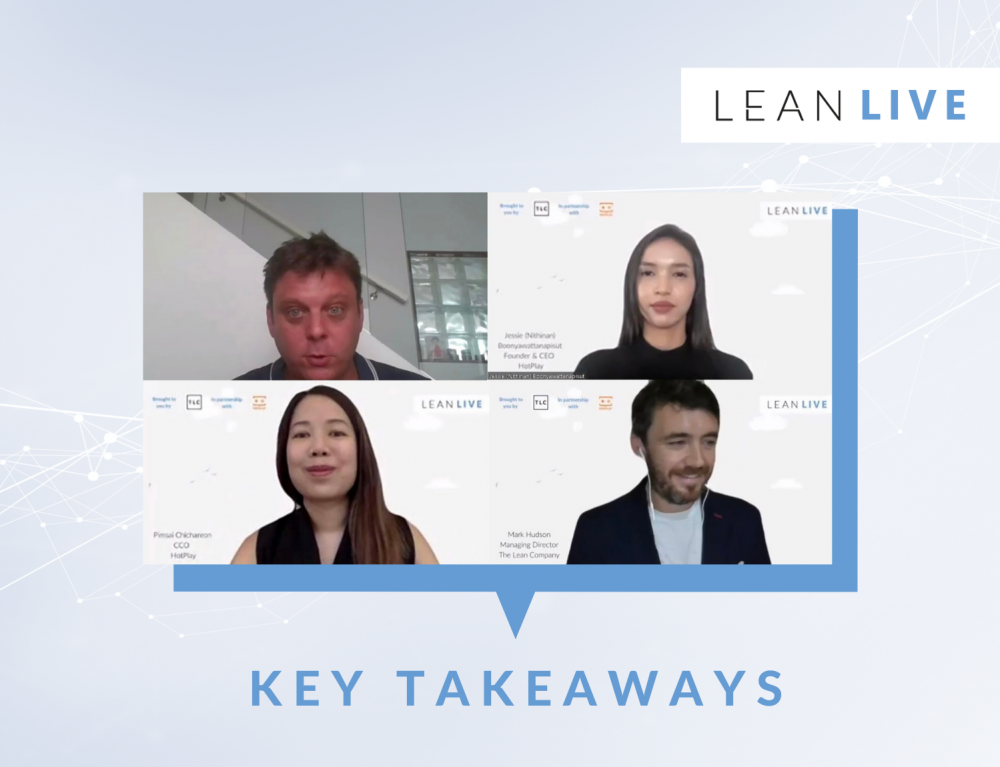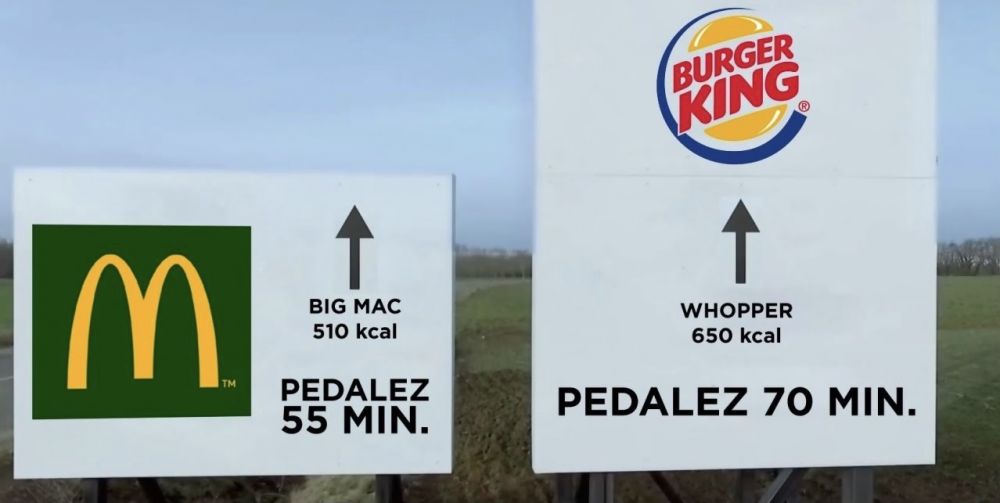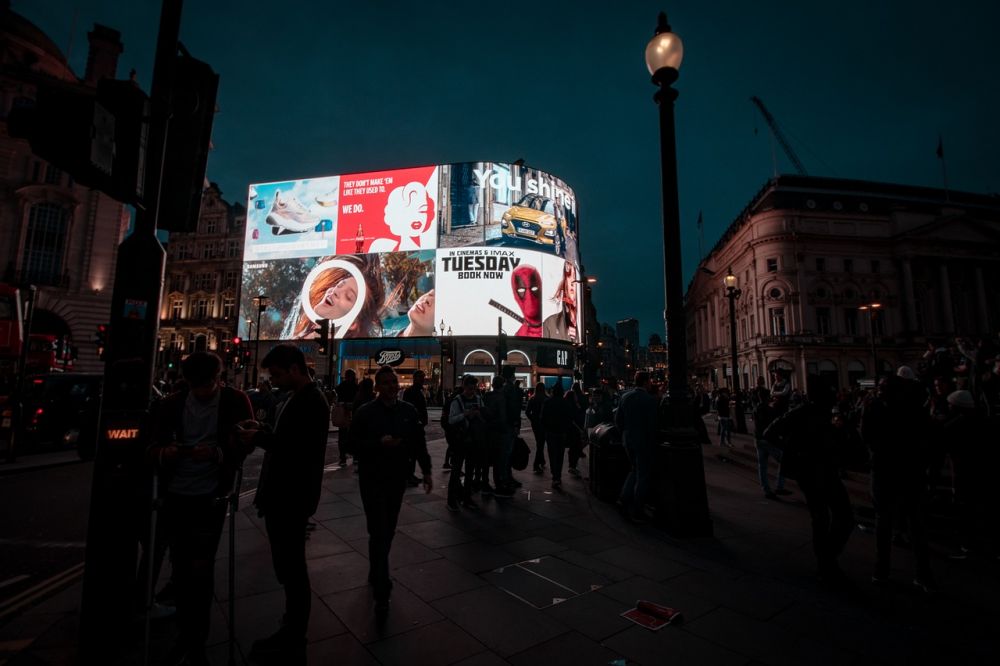
For our webinar last week, we asked Jessie (Nithinan) Boonyawattanapisut and Pimsai Chichareon from HotPlay, as well as Mindshare’s James Campbell, to speak at our latest LEANLIVE webinar. The purpose of the event was to provide our viewers with useful insights from key figures in both the marketing and adtech spaces, as well as a deeper understanding of how in-game ads work.
Here are our key takeaways from the webinar:
1. How relevant your ad is depends on where your target is in their consumer journey
2019 Chinese New Year ad by Singapore telco provider Singtel.
In advertising, consumers value relevance the most—but how relevant your ad is to someone depends very much on the “moments and situations” they’re in.
A hilarious ad might appeal especially to someone who’s just got promoted. An ad about family togetherness and homecoming might be more likely to strike a chord during festive seasons. Or it could simply be a moment of equal parts serendipity and algorithmic wonder that your ad is served to just the right person, at just the right time.
“This is really what marketing is all about: figuring out how to make a brand differentiated, meaningful, and relevant, all at the same time,” said James.
2. The best ads have the most memorable content
2016 Burger King vs. McDonald's ad released in France by Burger King's media agency Buzzman.
No one remembers their favourite banner or search ad. What often stays with the audience instead is creativity and humour—something even the most sophisticated of programmatic ads aren’t able to get right (as of yet, anyway).
At the end of the day, while matching the right ad to the right person at the right time is definitely something machine learning and AI processes can help in, an ad is only as memorable as its content.
An example brought up by Jessie was the Burger King VS. McDonald’s ad released by Burger King in 2016. “I don’t even eat burgers myself, but that ad caught my attention for how it embedded an interesting interaction between the two brands within one ad,” she said.
3. Online games are providing people with the social interaction they’re craving for
How can we connect with each other beyond text messages and video calls?
With lockdowns in place, there’s been an exponential increase in screen time for consumers all over the world—and with it the growth of online content consumption.
From social media to streaming services to digital news websites, consumers have never been more hooked to their screens for entertainment. But of all the platforms available, Jessie argued that online gaming is the only one able to provide people with the social interaction they are looking for.
This is because while most online activities provide us with the entertainment we need while we’re stuck at home, they can only do so much in terms of fulfilling our need for two-way interaction. Online gaming stands out for how it allows us to connect with others in ways streaming a movie or even leaving a like on a friend’s post simply can’t.
“[Games are] a way for people to do things together, even when they’re far apart. It’s something you can actually do,” said James.
4. Agility is key in designing advertising campaigns in a Covid-19 world
From tracking changes in footfall to monitoring which countries are ready to open up, marketers have to always be ready to pivot plans in light of Covid-19.
With uncertainty being the only constant of life during a pandemic, agility has become the name of the game for advertisers everywhere.
For marketers, it has become a challenge for them to plan advertising budgets properly with situations on the ground constantly evolving. “[Marketers] need to keep a really close [eye] on what’s happening, and what that means for specific media types,” said James.
And while the ability of brands to adjust the scale of their advertising campaigns based on Covid-19 conditions remains of paramount importance, longer-term brand-building efforts should still be sustained.
If the recessions of the past are anything to go by, advertisers who continue to invest in their brands during recessionary periods tend to come out stronger—and there’s no other avenue better to do that than digital advertising, which made up over half of total media spending for the first time last year.
“[Advertisers] are starting to learn that [digital advertising] can yield better results for them. It’s also something that’s [more] measurable,” said Jessie, noting the shift from traditional to digital advertising over the past year and a half.
5. The in-game advertising industry is set to be as big as Facebook… if it can unify its value proposition
The future looks (mostly) bright for the in-game advertising industry.
Industry experts are prophesying that the in-game advertising industry will one day match up to the scale of Facebook.
According to Jessie, the projection does seem unrealistic at first—until one factors in the growth of digital ad spend, with projections going up to USD$455.30 billion for 2021. With in-game ad spend making up a small but rapidly increasing percentage of that number, it is not “unreasonable at all” to imagine how the in-game advertising industry could one day rival the size of Facebook.
But while the in-game advertising industry remains a huge opportunity for marketers everywhere, James noted the importance for in-game advertisers to unify their value proposition as an industry to compete against mobile advertising industry behemoths like Facebook and Google.
For the in-game advertising industry to surpass the revenue commanded by Facebook and Google, it needs to have a “strong, unilateral story” it can present to marketers and brands alike and encourage adoption.
“It’s important for people to understand exactly what they’re getting out of the [platform],” said James.
6. Marketers need to be open to trialling new advertising platforms
"Test and learn" as the way forward for marketers and brands alike in a post-pandemic world.
The world’s slowly getting back up on its feet—and the advertising industry is certainly one place to look at. With native advertising spend projected to increase by nearly 400% by 2025 and blockchain technology set to redefine ad publishing models from the ground up, the heat is on for marketers to be constantly trialling new advertising platforms and diversifying their media plans.
“[As a brand] you don’t want to be locked into Facebook and Google, [because] when prices go up, it’s going to have a profound effect on [your] business,” said James, who also underscored the importance of setting aside enough budget for testing emerging new platforms until it is proven to be effective.
From the marketer’s perspective, having an “open mind” to emerging advertising platforms is key to understanding how best to use them, as well as the opportunities they have to offer.
We hope our webinar has given you a better understanding of the current digital advertising environment, and a peek into the exciting world of in-game ads. You can also get yourself up to speed with the full recording of the webinar now available on demand here:





